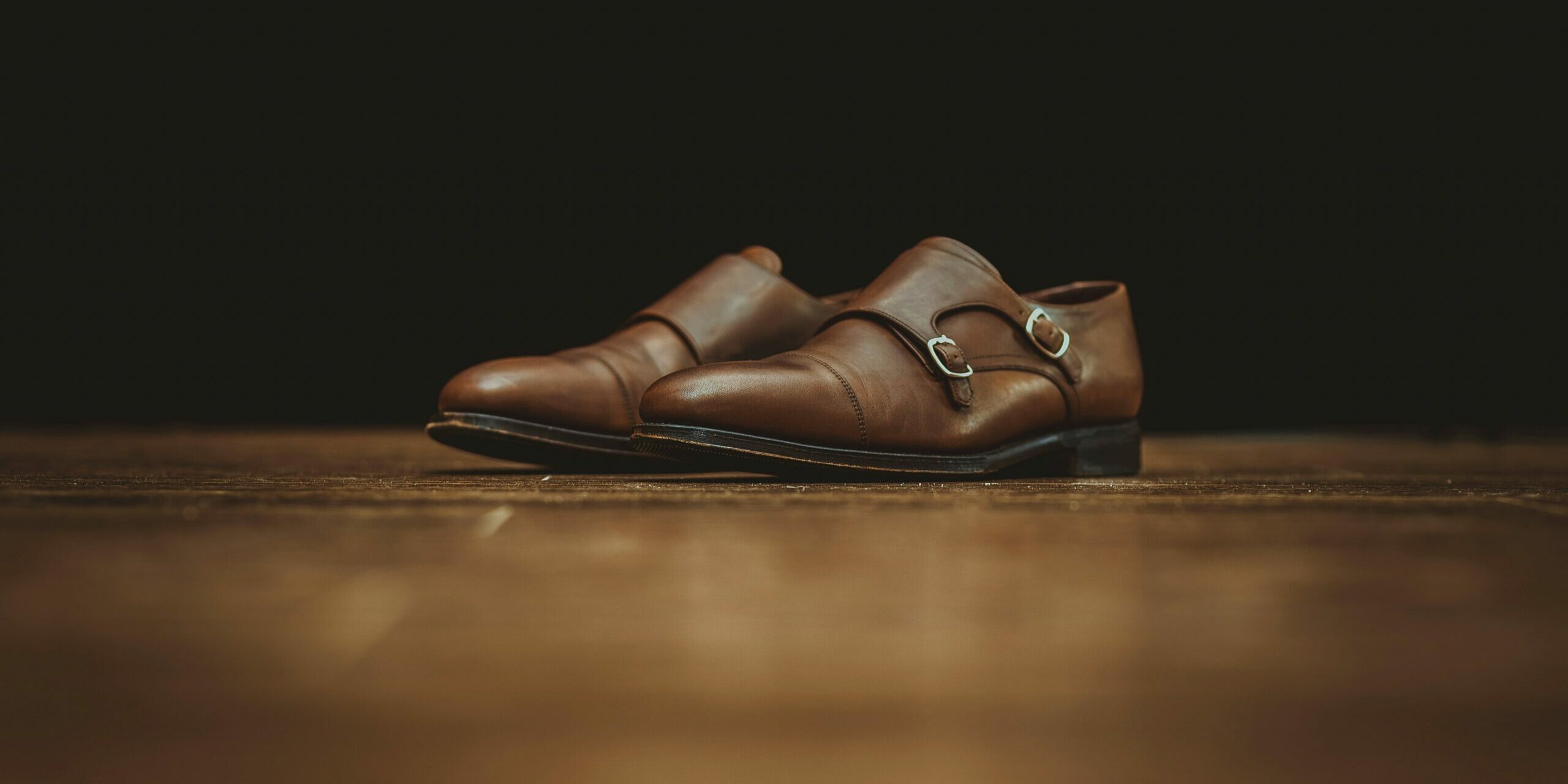Leather is a versatile material that has been used in footwear production for centuries. With the advancement of technology and the popularization of synthetic materials, the diversity of raw materials has increased even putting into question the continuity and preference of leather in the footwear industry. However, producing footwear in leather offers a number of unique advantages that make it a valued choice for many manufacturers and consumers. In this article, we will explore the top five advantages of producing footwear in leather.
- Durability:
One of the main advantages of using leather in footwear production is its incredible durability. Leather is known to be tough and able to withstand daily wear and tear, which makes it an ideal choice for frequently used footwear. With proper care and maintenance, leather footwear can last for many years, making it a long-term investment for consumers. - Comfort and Breathability:
Leather is a natural material that has unique breathability properties. This allows air to circulate inside the shoe, keeping feet cool and dry. In addition, leather has the ability to mold to the shape of the foot over time, providing a more comfortable and personalized fit. In this way, leather shoes tend to be more comfortable, especially during long periods of use. - Aesthetics:
Another notable advantage of leather is its aesthetic and elegant appearance. Leather gives a sophisticated and classic look to footwear, making it suitable for a variety of occasions, from casual wear to formal events. In addition, leather can be easily dyed in various colors, providing a wide range of options for consumers to choose from. - Resistance:
Leather is a naturally resilient material, which makes it ideal for footwear that faces harsh weather conditions. It can protect feet against rain, snow and wind, keeping them dry and comfortable. The resilience of leather also helps protect shoes from damage caused by exposure to sun and moisture. - Sustainability and Quality:
High-quality leather is a long-lasting and therefore sustainable material compared to shoes made of low-quality synthetic materials, which can wear out quickly and are often discarded. By opting for well-produced leather shoes, consumers are making a more sustainable choice, contributing to reducing waste and environmental impact.
As you can see, although the footwear market has seen the emergence of alternative materials, leather remains a valued and appreciated choice for its unparalleled quality.
You can find on our website a wide range of leathers that are ideal for footwear production.







